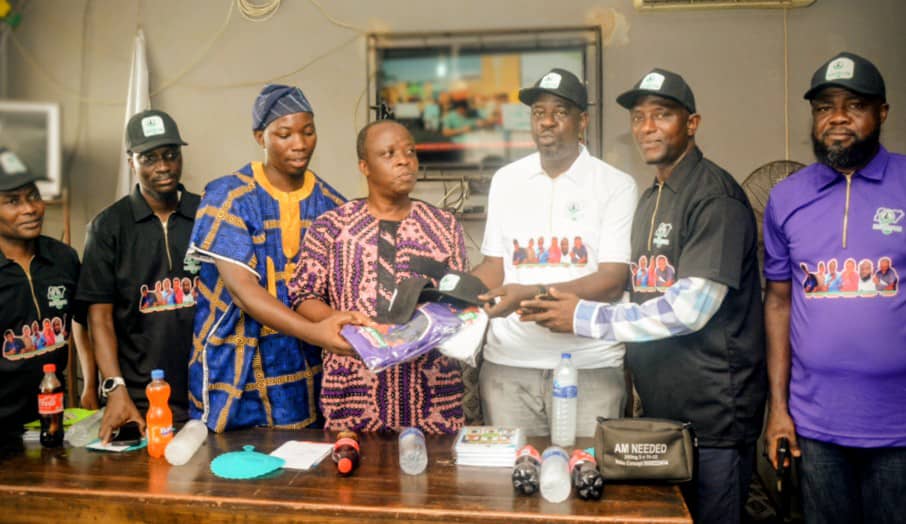
Open Defecation: UNICEF Advocates Construction of Toilets in Public Places
The United Nations Children’s Fund (UNICEF), on Wednesday, called on the Nigerian government to initiate and enforce policies towards the provision of Water Sanitation and Hygiene facilities across public places in the country.
The organization said public places, including all filling stations, should have clean and hygienic facilities.
Nigeria is among the countries struggling to end open defecation, despite several national and state-level initiatives.
It has been estimated that millions of Nigerians still lack access to basic sanitation facilities, exposing communities to diseases and economic losses that could be prevented with stronger policy enforcement and public awareness.
Speaking at the opening ceremony of a two-day media dialogue on Accelerating Actions to Improve Urban Water, Sanitation and Hygiene (WASH) in Nigeria, UNICEF’s Director of Water, Sanitation and Hygiene (WASH), Mr. Monday Johnson, said the absence of basic sanitation facilities in public spaces continues to fuel open defecation and the spread of preventable diseases.
Johnson, therefore, called for the construction of toilets and sanitation facilities in markets, all filling stations, and other public places to tackle the menace of open defecation.
The UNICEF’s WASH director said: “One of the things the government can do to reduce open defecation is to ensure that all filling stations have clean and accessible sanitation facilities.
“They should enact policies on this and enforce them. The same should be done in markets where people spend long hours each day. Make these facilities available everywhere; they can even serve as income-generating ventures. These things are not happening, and that is why we have open defecation.”
Johnson stressed that improving sanitation and hygiene behaviour is critical not only to public health but also to poverty reduction.
He noted: “Good sanitation and hygiene behaviour will reduce poverty. When people contract diseases due to a lack of hygiene, they cannot attend to their businesses.”
The dialogue, organised by the Oyo State Ministry of Information in collaboration with UNICEF, is taking place at Ilaji Resorts Centre in Ona-Ara Local Government Area of Oyo State.
UNICEF’s Communication Officer, Mrs. Blessing Ejiofor, also emphasised that access to water, sanitation and hygiene is a fundamental human right, calling for stronger commitment from both government and citizens to ensure no one is left behind.
In his goodwill message, the Director of Community Mobilisation and Hygiene Education, the Oyo State Rural Water Supply and Sanitation Agency (OYORUWASSA), Adegoke Ayodele, highlighted progress made in the state through sustained efforts on WASH programmes, describing them as “success stories that must be built upon.”
Mrs. Adeola Adewole, Programme Officer at the Oyo State Ministry of Information, urged journalists and media practitioners to use their platforms to advocate improved sanitation practices and policies across Nigeria.
“The media has a powerful role to play in driving behavioural change. We must continue to speak about WASH issues until they become a priority in every community,” Adewole said.
OYO NEWS
Tags:
No tags
Related Posts

We’ll Continue to Explore Opportunities in Aviation Sector- Makinde
11/5/2025

NDLEA Alerts on Fake Medicinal Cannabis, Arrests Kingpin
11/5/2025

FG orders varsities, others to publish yearly financial reports from Q1
11/5/2025

Raji Vows to Consolidate Dembab’s Achievements at Campaign Flag-Off
11/5/2025
Loading...